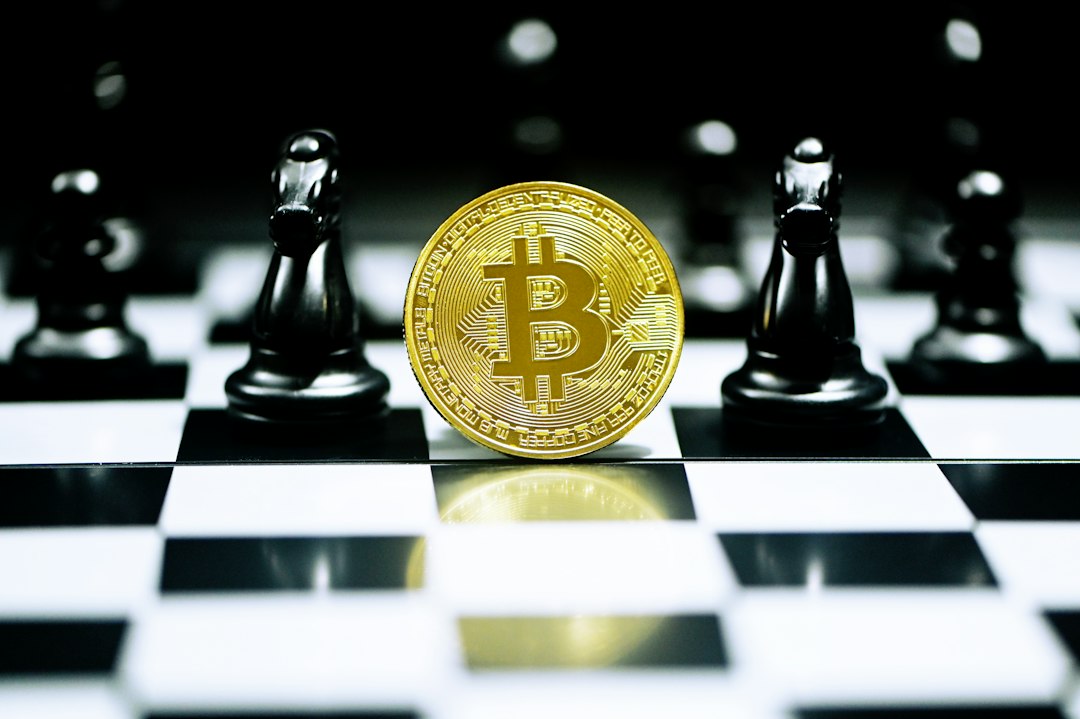Legal Battle Looms Over Ripple’s Ongoing Proceedings
Attorney Jeremy Hogan recently took to social media to express anticipation for a legal battle that could have significant implications for the sovereign rights of foreign countries. The focus of this speculation is the ongoing legal proceedings involving Ripple.
Hogan believes that the U.S. Supreme Court has emphasized that Ripple’s sales must have occurred “in the U.S.” or, at the very least, on a U.S. exchange. This raises questions about how the Securities and Exchange Commission (SEC) will navigate this requirement with its designated expert. XRP lawyer John Deaton shared his perspective, asserting that Ripple is unlikely to come close to paying the proposed $770 million penalty.
Deaton criticized the SEC’s stance, highlighting the regulator’s pursuit of disgorgement related to XRP sales in various foreign jurisdictions. He pointed out that XRP is classified as a non-security in these regions, which would exclude such sales under the Supreme Court’s Morrison decision.
Recognition of XRP as an Exchange/Utility Token
The Financial Conduct Authority (FCA) in the U.K. and Japan’s Financial Services Agency (FSA) have recognized XRP as an exchange/utility token rather than a security token. Deaton emphasized that selling XRP in these jurisdictions is deemed 100% legal, as declared by their respective regulators. Despite this, the SEC believes it can seek disgorgement from these sales, a position Deaton confidently dismisses as untenable.
Deaton’s Perspective on Harm and Disgorgement Calculation
Deaton argued that the court’s goal, in this case, is not to punish Ripple, as it is not a fraud case. He suggested that the SEC must demonstrate harm to investors after accounting for non-U.S. sales, potentially exceeding 90%, and deducting sales to accredited investors. Deaton contended that many institutional sales were likely at a lower XRP price than the current market value, resulting in no harm.
He also raised concerns about excluding On-Demand Liquidity (ODL) transactions from the disgorgement calculation, emphasizing the minimal investment nature of these transactions. Even if ODL transactions were considered, Deaton argued that the brief ownership of XRP in these cases renders harm nonexistent.
Hot Take: Ripple vs. SEC Legal Battle
The legal battle between Ripple and the SEC could have profound implications for how foreign sales of cryptocurrencies are regulated and penalized by U.S. authorities. The recognition of XRP as an exchange/utility token by regulatory bodies in certain foreign jurisdictions presents a challenge for the SEC’s pursuit of disgorgement from these sales.





 By
By
 By
By

 By
By
 By
By
 By
By